|
|
| LPs |
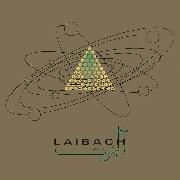 | Alamut
2025
|
 | Sketches of the Red Districts
2023
|
 | Wir Sind Das Volk
2022
|
 | The Sound of Music
2018
|
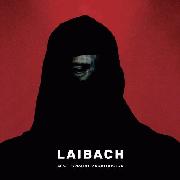 | Also Sprach Zarathustra
2017
|
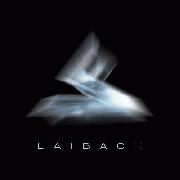 | Spectre
2014
|
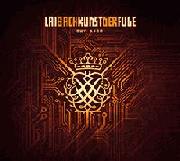 | Laibachkunstderfuge
2008
|
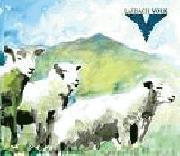 | Volk
2006
|
 | WAT
2003
|
 | Jesus Christ Superstars
1996
|
 | NATO
1994
|
 | Kapital
1992
|
 | Macbeth
1990
|
 | Let It Be
1988
|
 | Krst Pod Triglavom - Baptism
1988
|
 | Opus Dei
1987
|
 | Nova Akropola
1986
|
 | Laibach
1985
|
|
| EPs |
 | The Engine of Survival
2023
|
 | Love Is Still Alive
2023
|
 | Party Songs
2019
|
 | Tanz Mit Laibach
2003
|
 | Sympathy For The Devil
1990
|
| Live Albums |
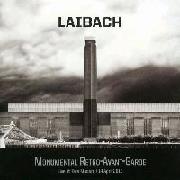 | Monumental Retro-Avant-Garde
05/14/2012
|
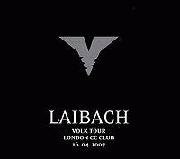 | Volk Tour, London CC Club 16.04.2007
2007
|
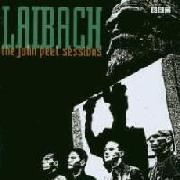 | The John Peel Sessions
2002
|
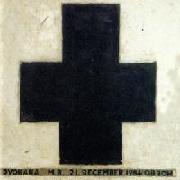 | M.B. December 21 1984
1997
|
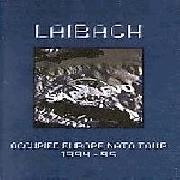 | Occupied Europe NATO Tour 1994-95
1996
|
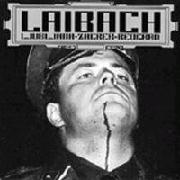 | Ljubljana - Zagreb - Beograd
1993
|
 | The Occupied Europe Tour 1985
1991
|
| Compilations |
 | Opus Dei (Remastered Deluxe Edition)
2024
|
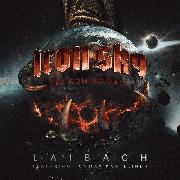 | IRON SKY : THE COMING RACE
2023
|
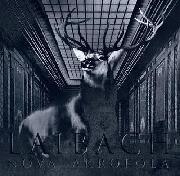 | Nova Akropola 2023
2023
|
 | Laibach Revisited
2020
|
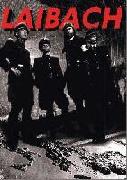 | The Videos [DVD]
2004
|
 | Anthems
2004
|
 | Slovenska Akropola
1987
|
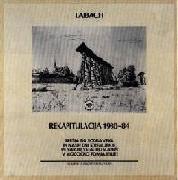 | Rekapitulacija 1980-84
1985
|
